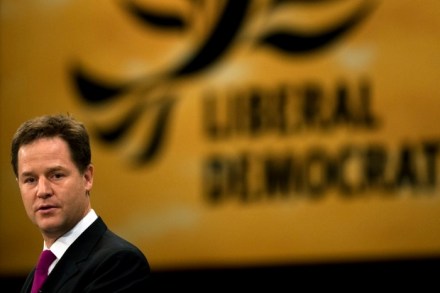Cameron should stop the Tory wars – or send for the man who can
Modern Conservatives seem to be allergic to success. Every time things are going right, the party spasms. Sir John Major’s government nurtured a remarkable economic recovery, yet was beaten after its infighting appalled voters. In opposition, David Cameron acquired a habit of blowing opinion poll leads — a habit he did not, alas, shake off in time for the general election. And now, just as a Conservative victory at the next election looks likely, war has broken out again. What should have been a day of success for Michael Gove has ended in his being forced to apologise for briefing against officials in Theresa May’s department. And the Home Secretary,


















